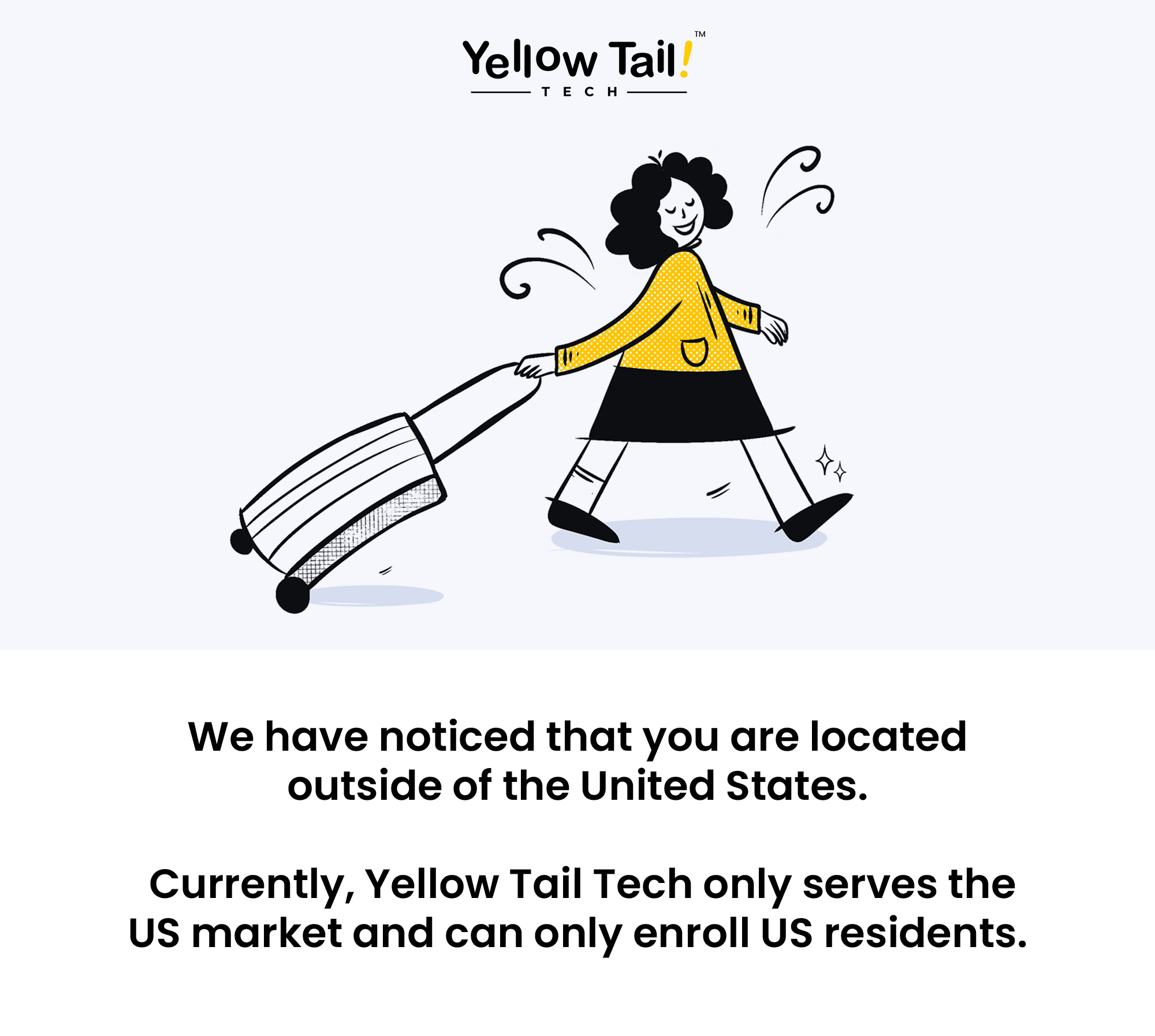For the past years, the IT industry has been thriving. Many opportunities have been popping up in terms of innovation and For the past years, the IT industry has been thriving. Many opportunities have been popping up in terms of innovation and getting a rewarding career. Especially in a time like the pandemic, remote work has strengthened the IT sector.
The IT community’s growth is very inviting and welcomes you, but a few barriers within the industry might stop you for a second, including security clearances. Security clearances in the IT sector act as somewhat of a “secret handshake.”
When you have a security clearance, the IT industry becomes more inviting and helps you remain in the industry. It might be an unofficial prerequisite, but it holds numerous benefits for everyone, especially those pursuing national security positions or working in federal agencies. One popular path is to secure a clearance job, which can open doors to higher-paying roles with access to classified information.

What is a Security Clearance?
Security clearances grant people the eligibility to receive national security information that is classified. It also includes granted access to restricted areas when you finish the required background check before being given a clearance.
Several kinds of clearances grant different levels of access to classified information, all of which are impossible to get without following a formal security clearance process mandated by the federal government.
Gaining security clearance needs a sponsor—often a hiring agency, federal job, or armed forces branch—who values your skills and will be investing the time and resources you’ll need in gaining the clearance.
Obtaining a clearance if you’re a striving IT professional can be very useful, and it will eventually lead you to plenty of job opportunities. Security clearances ensure that you as a potential employee are enhanced in terms of eligibility for handling protected information, classified material, and sensitive information.
One thing to remember is that a security clearance is not something that you can pay for and obtain immediately. It’s something that requires long processes—like filling out the standard form, completing security forms, passing a credit check, and undergoing record checks—that will benefit you. Owning a security clearance tells recruiters and companies that you are someone who can be trusted with classified work and national security clearance.
Security Clearance Classifications
Each security clearance is leveled in a hierarchical manner. Each one has its own risk level of access which indicates the maximum amount of classified material that can be accessed when used by whoever owns the clearance.
A confidential security clearance provides access to areas of information that can potentially cause damage to national security systems if it gets exposed without authorization. This is the least restrictive classification level, which should be reinvestigated every 15 years.
The next level is secret clearance, which lets the clearance holder gain access to secret material that may potentially cause serious damage to national security if disclosed without further authorization. Top secret clearance requirements include a thorough background investigation, financial problems screening, criminal conduct history, and personal interview with references such as immediate family members, employment history, and military history. This clearance requires reinvestigation after five years.
The last one is top secret clearance which provides its holder eligibility to obtain information that can cause grave damage to national security if exposed to it without authorization. This requires reinvestigation after five years.
Sometimes, people consider the sensitive compartmented information as another classification level. These are generally for people who can access intelligence community data or special access program material that concerns intelligence sources, process, or methods.
The Relationship Between IT and Security Clearance
More and more IT roles have been requiring clearance, especially in today’s day and age. It might be surprising to hear, but a large chunk of IT jobs require clearance. More often, it isn’t the position itself that requires the clearance but the company itself.
Government agencies and the military industry are areas that would want to ensure an employee has clearance prior to employment. Private companies, on the other hand, might not require it as much.
Despite how clearance isn’t something you buy, you still have to pay to obtain it. Most people view this as a huge amount, which is why gaining clearance sometimes requires a sponsor. Sponsors may be through the military, college, part-time employment, or federal job placement. Once you’ve obtained a sponsor, the paperwork and security clearance process begins, which includes submitting an electronic personnel security questionnaire.
The Benefits of Having Security Clearance
It might surprise you what benefits come with having a security clearance when you’re searching for a great career in the IT industry. Here are the three that will make the most impact on how your job will be doing:
Higher Chances of Earning
There is actually a very high demand when it comes to cleared IT candidates, and despite that, there is still a low supply. That in itself is a very big opportunity to take. Employers will be willing to pay a large price to get you in the company if you have clearance.
Salaries, of course, vary with your level of clearance as well. Some professionals who have top-secret clearance gain thousands more in terms of salary than those without clearance. While this amount varies on your position, it is still a very big benefit.
Companies Will Want to Hire You
When working in the IT department of government organizations and agencies, more often than not, you’ll be required to have a security clearance in order to perform work. Despite the demand, there is still not enough when it comes to the supply of people who actually fill in those positions.

Even if we are a technology-driven generation, IT professionals with security clearances are still a rare sight to see. There are plenty of great opportunities that you can get in the industry once you have a valid security clearance.
While not a complete necessity, a security clearance confirms your validity in accessing sensitive information and acts as a pass to parts of the IT industry that are otherwise restricted. It shows you can be trusted not only with classified work but also with mentally incompetent-sensitive evaluations, foreign nationals exposure, and other countries interactions.
Smaller Clearances Pave the Way
Some people think that a security clearance is just another process that adds more work for nothing. It’s actually the opposite. Even if you do get the most basic interim security clearance, it still labels you as a valuable asset in the IT industry.
The first clearance you obtain is one that helps pave the way for bigger, heavier clearances. The higher the security your clearance is valid for, the more opportunities you’ll get. Although it isn’t an overnight process, it is still very much redeeming in the long run.
It gets much easier to gain clearance after you’ve had your first-level clearance. Proactive maintenance and usage of the clearance you have is the key to being a few steps ahead of your peers in the industry. In the years to come once you have clearance, be ready for more opportunities, a potential clearance job, and bigger salaries.
Breaking Into IT With the Right Training
Getting a job in the IT industry can sometimes be tricky, especially if you’re new to the whole environment. There’s no need to worry about it because we at Yellow Tail Tech have got you covered. With our Lnx For Jobs program, we help you gain the skill set you need to break through in the industry.
Whether you’re already in the industry or not, our programs give you the best opportunities to move forward with your career. If you don’t believe us, we can prove it to you. Check out how we can help. Book a 10-minute intro call with our Enrollment Advisor today.
Frequently Asked Questions
- How long does it take to get a security clearance?
The process can take several months to over a year, depending on the clearance level, background checks, and complexity of the investigation. - What happens if my security clearance expires?
Clearances require reinvestigation—Confidential every 15 years, Secret every 10 years, and Top Secret every 5 years. If not renewed, you may lose eligibility for cleared IT positions. - How can IT training programs help with security clearance jobs?
Specialized IT training, like Yellow Tail Tech’s programs, equips professionals with in-demand skills that make them more likely to be sponsored for clearance-required positions.






